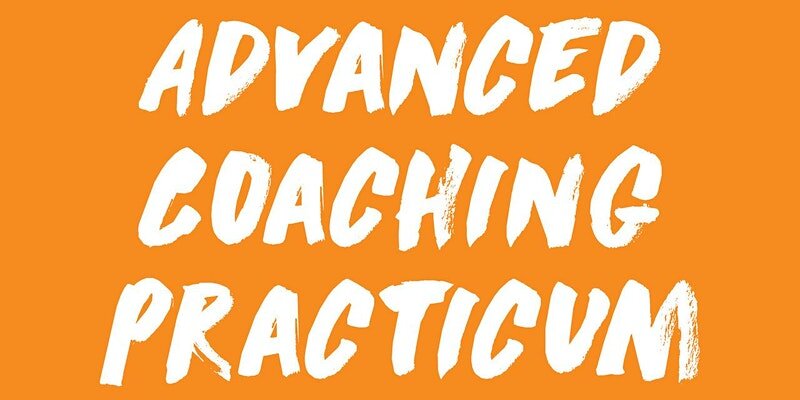
Ontological Coaching
There are many forms of coaching.
Ontological Coaching is a methodology that studies the “way of being” of an individual, team, or organization, in order to help create “distinctions” or new lenses in that person’s worldview.
A fundamental assumption of this methodology is that more choice is better. If you only know mad, glad, or sad as emotions, learning to have a broader palette of those moods and emotions can give you more choice, more possibility, more flexibility.
Ontological coaching concerns itself with making interventions in three main domains:
Linguistics:
this is the “technology of our language”, the infrastructure of requests, offers, promises, assessments, assertions, and declarations as critical tools of generating new possibilities. Language is not just a descriptive tool; it has the power to generate new realities. Coaches that understand the power of language and the stories clients tell themselves unlock possibility to help a client change stories that no longer serve them.
Emotional:
While many of us have heard of “emotional intelligence”, we help coaches work skillfully in this domain, helping again to make distinctions between a mood and an emotion, a sensation and a person’s interpretation of a phenomenon. The congruence between what is said and the “music behind the words” (the emotions) is also a critical area for an ontological coach to observe.
Somatic:
“Soma” is the Greek word for body. Ontological coaches work seamlessly between working with language, body and emotions and the congruence (or lack thereof). By understanding how to make use of the coach’s own body as a “tuning fork” and the ability to be observant to the somatic cues of the client, ontological coaches can more quickly notice where language, body and emotion may be pointing to a deeper, more self-reflective line of inquiry for the client.
Many experienced and certified coaches come to see ontological coaching as a powerful addition to their own coaching knowledge, tools and practices.
Ultimately ontology is about helping a client create “distinctions”. A distinction is simply being able to separate two things that have been unconsciously stuck together (i.e., John is an idiot; to something more like “John did not behave the way I expected. I notice I am frustrated with John). Learning to separate out language (our stories), our emotions and things that may not be apparent to us initially (i.e., my internal standards of how I expect people to behave) and can create opportunities for new conversations, better outcomes, and less suffering.
Ontological coaching is a transformational form of coaching. It does not simply try to solve a client’s presenting issue. Rather it goes deeper to ask the question, ‘What do you want to manifest or generate in the future’? ‘What is the lens or worldview that you have that may no longer be serving you’? If you plan to learn ontological coaching, be prepared to go on your own transformational journey in your own life. These are not tools to be used just on others.
We recommend that participants for our ICF Certification track have had some experience as a coach or have used coaching skills in the past as part of their work. We also welcome certified coaches that are not ontologically trained to take the fundamental set of Foundations of Ontological Coaching, as CCEU credits.
I am proud to have learned about ontological coaching and transformational work through my teachers:
Julio Olalla
Bob Dunham
Carole Kammen
and many others. I stand on the shoulders of giants.
Libby Robinson
Master Certified Coach
CXO Whisperer
MA Organizational Transformation
Director of Coach Training
